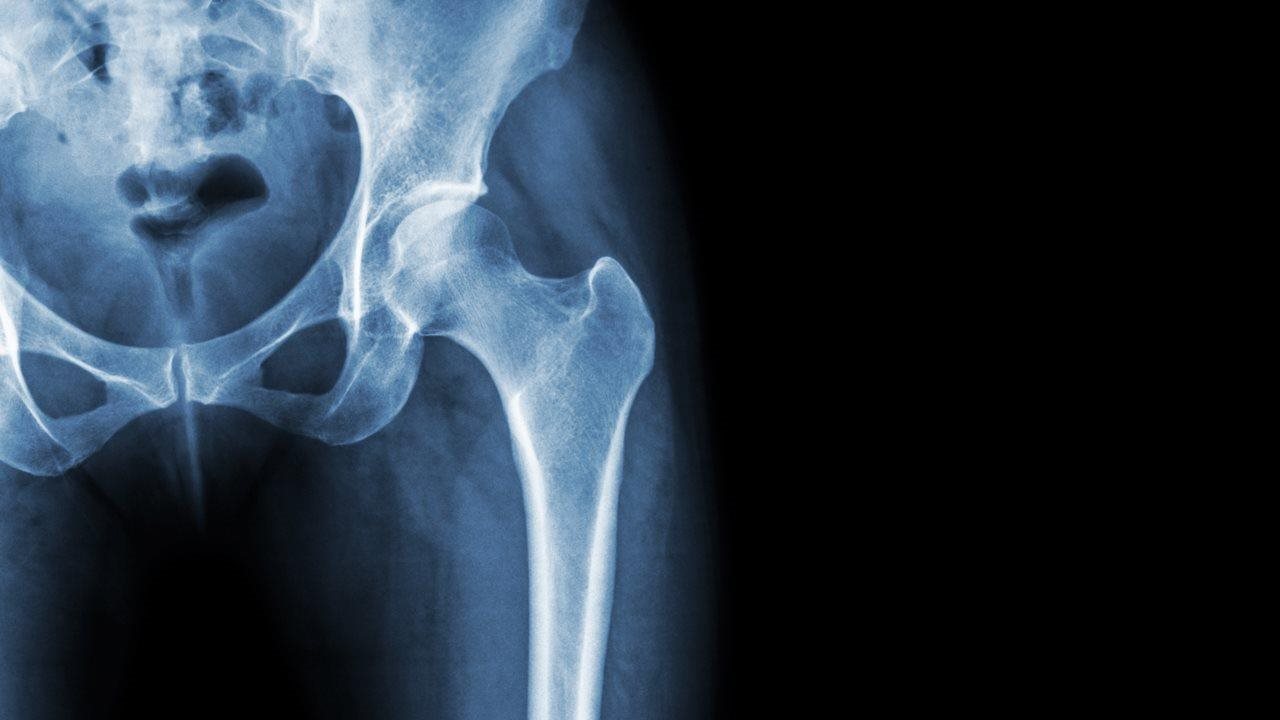
(BPT) – Experts have found better alternatives to increasing bone density than calcium alone.
Approximately half of all adults aged 50 and older are at risk of breaking a bone, according to the National Osteoporosis Foundation.[1]
Even seemingly safe activities like exercising and driving can become troublesome for individuals with osteoporosis. Debilitating fractures and long-term issues are frequent outcomes of weak and brittle bones.
In fact, 50 percent of people who break their hips never fully heal, 10 percent end up in nursing homes, and 33 percent die within a year of their initial fracture.[2]
Rheumatologist and internist Dr. Adam Kreitenberg explains, “Many people don’t realize they have bone density issues until they experience a fall or fracture. The goal is to build strong and healthy bones before it’s too late.”
Calcium’s benefits, such as gaining bone mass and increasing bone density[3], have been well-documented for many years. So, why are recent studies revealing an increase in osteoporosis in the United States, particularly among women?[4]
According to a recent clinical study published in The Journal of Orthopaedic Science, calcium needs to combine with vitamin D3 and other key nutrients in order to support bone density.[5]
However, not just any calcium will do; a highly absorbable form of calcium, such as calcium hydroxyapatite, is recommended since it is bioidentical to the calcium already found in your body.
When calcium hydroxyapatite is combined with vitamin D3, studies show that bone density is increased and the rate of bone loss is reduced. It may also aid in the prevention of osteoporosis.[6]
Hogne Vik, M.D., scientist and chief medical officer of NattoPharma, has also been working on cutting-edge research surrounding the role of vitamin K2 in helping support bone health.
Dr. Vik explains, “Countless clinical studies are showing that our bodies require the presence of vitamin K2 to absorb calcium properly. That’s because Vitamin K2 is the only compound that can direct calcium to the appropriate places: your bones and teeth.”
Nattopharma created a patented and effective version of MK-7, MenaQ7® — the only clinically studied form of vitamin K2 available on the market that delivers optimal bone health support.
In one study, healthy postmenopausal women took a daily 180mcg dose of MenaQ7 over a 3-year period. Participants experienced a significant improvement in bone mineral content and density. Their rate of bone degradation slowed by about 50%.[7]
“In my rheumatology practice, I combine complementary treatments, such as diet and weight bearing exercises with an advanced medicinal treatment, OsteoMD,” Dr. Kreitenberg explains. “This is a powerful bone support therapy based on emerging clinical data, and my patients are already noticing the difference it is making in their day-to-day lives.”
